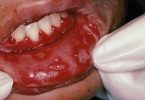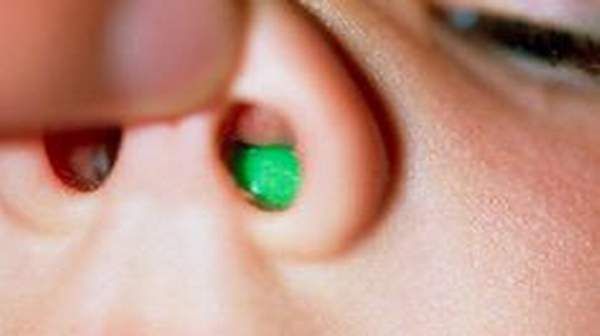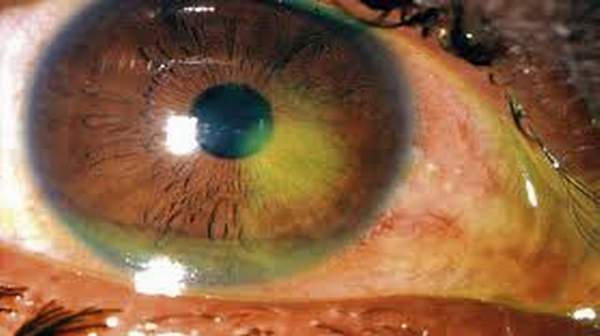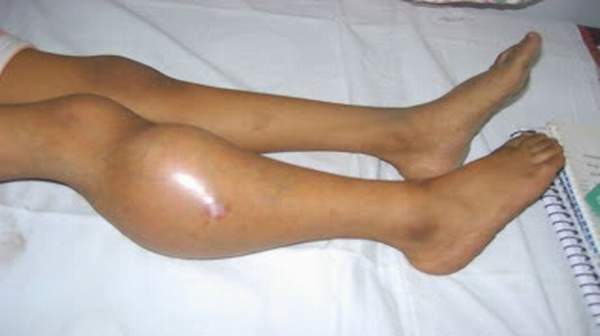What's in this article?
What is DiGeorge syndrome?
DiGeorge syndrome, also called 22q11.2 deletion syndrome, is a disorder caused by a defect in chromosome 22. It results in the poor development of several body systems.
Medical problems commonly associated with DiGeorge syndrome include heart defects, poor immune system function, a cleft palate, complications related to low levels of calcium in the blood, and delayed development with behavioral and emotional problems.
The number and severity of symptoms associated with DiGeorge syndrome vary greatly. However, almost everyone with DiGeorge syndrome needs treatment from specialists in a variety of fields.
Before the discovery of the chromosome 22 defect, the disorder was known by several names DiGeorge syndrome, velocardiofacial syndrome, Shprintzen syndrome, CATCH22 and others. Although the term “22q11.2 deletion syndrome” is frequently used today and is generally a more accurate description previous names for the disorder are still used.
Symptoms of DiGeorge Syndrome
Individuals with DiGeorge syndrome may have any or all of the following:
- Facial appearance: Children may have an underdeveloped chin, eyes with heavy eyelids, ears that are rotated back and defective upper portions of their earlobes.
- Parathyroid gland abnormalities: An underdeveloped parathyroid gland may cause hypoparathyroidism, leading to difficulty maintaining normal levels of calcium, called hypocalcemia. This may cause seizures or convulsions. The parathyroid defect often becomes less severe over time.
- Heart defects: Most heart defects affect the aorta (blood vessel that takes oxygen-rich blood from the heart to the body), or the part of the heart from which the aorta develops. Some patients may have severe cardiac anomalies, while others may have none at all.
- Thymus gland abnormalities: Underdevelopment or incomplete development of the thymus gland results in a smaller-than-normal sized thymus and decreased production of immune cells called T lymphocytes, or T cells. Not only do T cells destroy infected cells, they also help B lymphocytes (B cells) develop into plasma cells and produce immunoglobulins, or antibodies. This results in an increased risk of viral, fungal, and bacterial infections.
- Autoimmunity: Patients with DiGeorge syndrome develop autoimmune disease at a higher rate than the general population. Autoimmune disease occurs when the immune system inappropriately attacks its own body.
- Other clinical features: Individuals with DiGeorge syndrome may also have other developmental abnormalities, including cleft palate, poor function of the palate, delayed speech, and difficulty feeding and swallowing. Some people also have learning disabilities, behavioral problems, psychiatric disorders, and hyperactivity.
Diagnosis of DiGeorge Syndrome
The diagnosis of DGS is made on the basis of signs and symptoms that are present at birth, or develop soon after birth, along with confirmatory genetic testing. Some infants may have facial features that are characteristic of DGS. Affected infants may also show signs of low blood calcium levels as a result of hypoparathyroidism. This may show up as low blood calcium on a routine blood test, or the infant may be “jittery” or have seizures as a result of the low calcium.
Affected infants may also show signs and symptoms of a heart defect. These may include a heart murmur that is detected on a routine physical exam. They may show signs of heart failure, or they may have low oxygen content of their arterial blood and appear “blue” or cyanotic. Affected infants may also develop infection because of their low T-lymphocyte levels.
What are the main features of DiGeorge syndrome?
DiGeorge syndrome can potentially cause many different problems affecting various areas of the body.
The main features are described below, but bear in mind that the severity of these problems varies from child to child and some children with the syndrome will only experience a few of them.
Treatment for DiGeorge syndrome
Specific treatment for DiGeorge syndrome will be determined by your child’s physician based on the following:
- your child’s age, overall health, and medical history
- the extent of the disease
- the type of disease
- your child’s tolerance for specific medications, procedures, or therapies
- expectations for the course of the disease
- your opinion or preference
Treatment will also depend on the particular features in any given child and may include the following:
- Heart defects will be evaluated by a cardiologist.
- A plastic surgeon and a speech pathologist will evaluate cleft lip and/or palate.
- Speech and gastrointestinal specialists will evaluate feeding difficulties.
- Immunology evaluations should be performed in all children with this deletion. To monitor T-cell disorder and recurrent infections, live viral vaccines should be avoided and all blood products for transfusions (if needed) should be irradiated unless cleared by an immunology physician.
In severe cases where immune system function is absent, bone marrow transplantation is required.
Many newborns with this deletion will benefit from early intervention to help with muscle strength, mental stimulation, and speech problems. Basically, treatment is dependent upon the specific symptoms seen in any given child.





